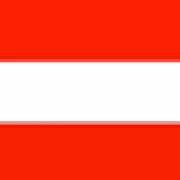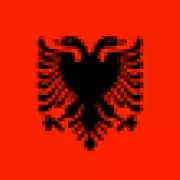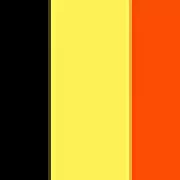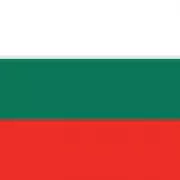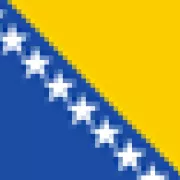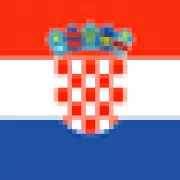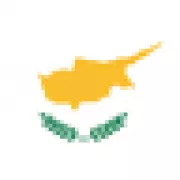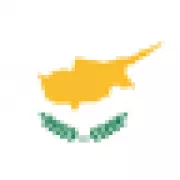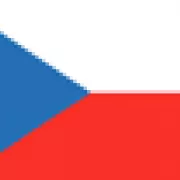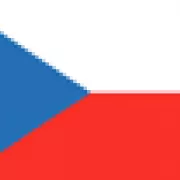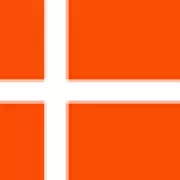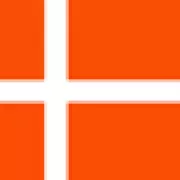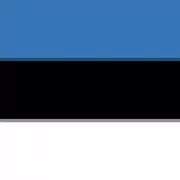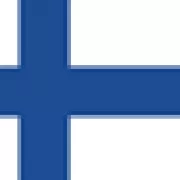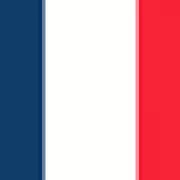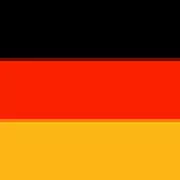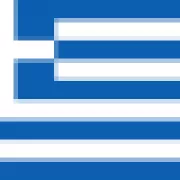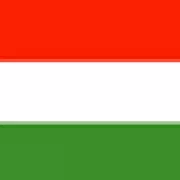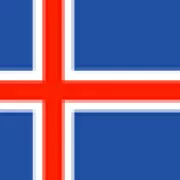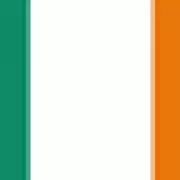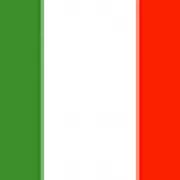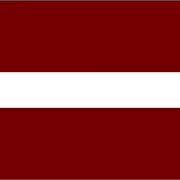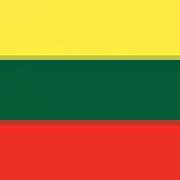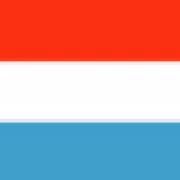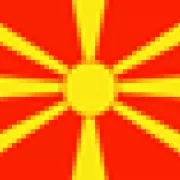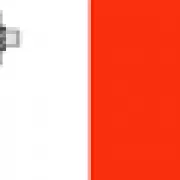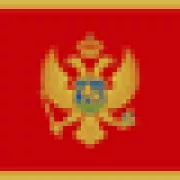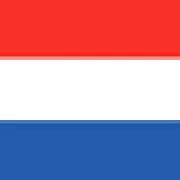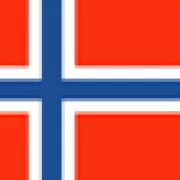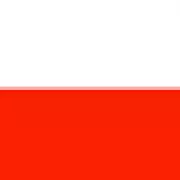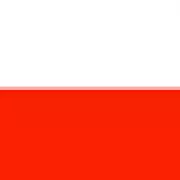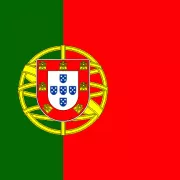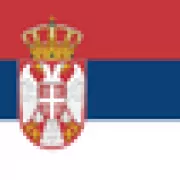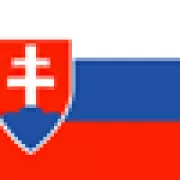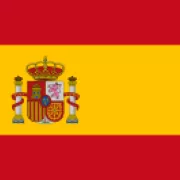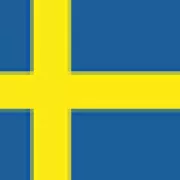National coordinators for Adult learning
What is the European Agenda for Adult Learning and how is it implemented?
The Renewed European Agenda for Adult Learning (EAAL) defines the focus for European cooperation in adult education policies for the period to 2020. It was adopted by the Council in November 2011. In it, the Council recognises that there is a need for all adults regularly to enhance their personal and professional skills and competences, but that adult learning is the weakest link in national lifelong-learning systems. Adult participation in learning continues to be low. In order to achieve an effective adult learning sector, more needs to be done.
Among the issues targeted for action in the Agenda are: increasing the possibilities for all adults to access flexible, high-quality learning at any time in their lives; developing new approaches to adult education focusing on learning outcomes; raising awareness that learning is a lifelong endeavour; developing effective lifelong guidance systems and systems for validating non-formal and informal learning.
National Coordinators are designated by EU Member States and other cooperating countries to facilitate their cooperation in implementing the new European Agenda for Adult Learning and the relevant initiatives of the European Skills Agenda. Their work contributes to promoting adult learning in their respective country, providing policy advice and gathering and disseminating best practices to national authorities. Each National Coordinator sets out a work programme which identifies the specific actions their organisation is going to take to implement the new European Agenda for Adult learning and the relevant initiatives of the European Skills Agenda in their country. The Erasmus+ programme of the European Union supports this implementation with a dedicated grant.
By clicking on a flag, you can access the contact details of the current National Coordinators, and information about their work.
National coordinators for Adult learning - Ausztria
Minoritenplatz 5, 1014
Vienna, AT
Phone: +43153120-0
E-mail: ministerium@bmbwf.gv.at
Website: https://www.bmbwf.gv.at/
Adult Learning Department:
Ms Doris WYSKITENSKY-Project Manager-Coordinator
National coordinators for Adult learning - Albánia
Rr. Mustafa Lleshi, Godina e Thesarit, 1001
Tirane, AL
Phone: +3554237087
E-mail: info.akafp@akafp.gov.al
Website: https://akafp.gov.al/
National VET and Qualifications Agency:
Mr. Ejvis GISHTI-Director-Coordinator
National coordinators for Adult learning - Belgium (WALLONIE-BRUXELLES)
Bvd Léopold II, 44, 1080
Brussels, BE fr
Phone: +322413.26.28
E-mail: AEAA@cfwb.be
Website: https://www.federation-wallonie-bruxelles.be/
Direction des Relations Internationales:
Ms Michèle MOMBEEK-Chargée de Mission-Coordinator
National coordinators for Adult learning - Belgium (Flanders)
Koning Albert II-laan 15, 1210
Brussels, BE nl
Phone: (02) 553 97 31
E-mail: info@epos-vlaanderen.be
Website: https://langlevenleren.be/
Ms Karine NICOLAY-Project Manager-Coordinator
National coordinators for Adult learning - Bulgária
2A Kniaz Dondukov Blvd, 1000
Sofia, BG
Phone: +359 2 92 177 44
E-mail: press_mon@mon.bg
Website: https://www.mon.bg/en/100000
Directorate for Vocational Education and Traning:
Ms Valentina DEIKOVA, Ms Vania Tividosheva, Ms Maria Todorova, Ms Zhuliyan Gochev Ms Radostinka Vasileva
-State Expert-Coordinator
National coordinators for Adult learning - Bosznia-Hercegovina
Kneza Domagoja bb, 88000
Mostar, BA
Phone: (0)51430710
E-mail: info@aposo.gov.ba
Ms Biljana Popovic-Adviser-Coordinator
National coordinators for Adult learning - Horvátország
Garićgradska 18, 10000
Zagreb, HR
Phone: +38111 3613-734
E-mail: ured@asoo.hr
Website: https://mpn.gov.rs/
Department for Quality Assurance:
Mr Ognjen Piljek Žiljak-Head of Department-Coordinator
National coordinators for Adult learning - Ciprus
Kimonos & Thoukididou, 1434, 2006
Nicosia, CY
Phone: +0035722800697
E-mail: isavvides@moec.gov.cy
Website: http://www.moec.gov.cy/
Mr Ioannis Savvides-Head-Coordinator
National coordinators for Adult learning - Cseh Köztársaság
Senovážné náměstí 872/25, 11000
Prague, CZ
Phone: 00420222122112
E-mail: sekretariat@npi.cz
Website: https://www.npi.cz/
National pedagogical institute:
Mr Jan BRUHA-Senior Expert-Coordinator
National coordinators for Adult learning - Dánia
Frederiksholms Kanal 21, 1220
Copenhagen, DK
Phone: +45 3392 5000
E-mail: uvm@uvm.dk
Website: https://www.uvm.dk/
Charlotte ROMLUND HANSEN-Special Adviser-Coordinator
National coordinators for Adult learning - Észtország
Joc tn 9, 10144
Tallinn, EE
Phone: +372 5111794
E-mail: andras@andras.ee
Website: https://www.andras.ee/
Mrs Sirje PLAKS-Project Manager-Coordinator
National coordinators for Adult learning - Finnország
P.O. BOX 29, 23
Government, FI
Phone: 00358 295 16001
E-mail: kirjaamo.okm@gov.fi
Website: https://okm.fi/etusivu
Department for Vocational Education :
Mr Erno HYVONEN-Project Coordinator-Coordinator
National coordinators for Adult learning - Franciaország
9 Rue Des Gamiins, 33000
Bordeaux, FR
E-mail: aefa@agence-erasmus.fr
Website: https://agence.erasmusplus.fr/programme-erasmus/outils/aefa/
Ms Berenice CAPPE-Project Manager-Coordinator
National coordinators for Adult learning - Németország
Robert-Schuman-Platz 3, 53175
Bonn, DE
Phone: +49 228 107 0
E-mail: agenda-erwachsenenbildung@bibb.de
Website: https://www.agenda-erwachsenenbildung.de/
Mr Johannes Georg ROSENSTEIN-Wissenschaftlicher Mitarbeiter-Coordinator
National coordinators for Adult learning - Görögország
Andrea Papandreou Street 37, 15180
Amaroussio, Attiki, EL
Phone: +30 210 3442202
E-mail: gsvetll@minedu.gov.gr
General Secretariat for Lifelong Learning & Youth:
Ms Evangelia PANTA-Head of Unit for European and International Affairs-Coordinator
National coordinators for Adult learning - Magyarország
Kalvária tér 7, 1089
Budapest, HU
Phone: 003613039300
E-mail: szakkepzes@nive.hu
Website: https://www.nive.hu//
Ms Fruzsina LUKÁCS-Project Manager-Coordinator
National coordinators for Adult learning - Izland
Borgartún 30, 105
Reykjavík, IS
Phone: +3545155800
E-mail: rannis@rannis.is
Website: https://www.rannis.is/
Centre for Research:
Mr Skúli LEIFSSON-Senior Advisor-Coordinator
National coordinators for Adult learning - Írország
2nd Floor 83-87 Main Street Ranelagh,
Dublin 6, IE
Phone: 00353 1 406 8220
E-mail: mail@aontas.com
Website: https://www.aontas.com/
Ms Dearbháil LAWLESS-CEO-Coordinator
National coordinators for Adult learning - Olaszország
Corso d'Italia 33, 198
Rome, IT
Phone: +39 06 854471
E-mail: urp@inapp.org
Website: https://www.inapp.gov.it/
Mr Claudio VITALI-Project manager-Coordinator
National coordinators for Adult learning - Lettország
Valnu iela 2, 1050
Riga, LV
Phone: +37167047754
E-mail: Pasts@izm.gov.lv
Website: https://www.izm.gov.lv/lv
Department of Education:
Ms Laura Iveta STRODE-Senior Expert-Coordinator
National coordinators for Adult learning - Liechtenstein
Landstrasse 92, 9494
Schaan, FL
Phone: 00423 232 95 80
E-mail: stiftung@erwachsenenbildung.li
Website: https://www.erwachsenenbildung.li/de/
Ms Sabine Frei-Wille-Director-Coordinator
National coordinators for Adult learning - Litvánia
A. Volano str. 2, 1124
Vilnius, LT
Non-formal Education Division:
Tomas PUTYS-Head of Division-Coordinator
National coordinators for Adult learning - Luxembourg
15, rue Léon Hengen, 1745
Luxembourg, LU
Phone: (+352) 8002-4488
E-mail: sfa@men.lu
Website: https://men.public.lu/fr/formation-adultes.html
Ms Aline Schott-Deputy director-Coordinator
National coordinators for Adult learning - Macedónia
Dimitrie Cupovski 13, 1000
Skopje, MK
Phone: +38923220808
E-mail: contact@cov.gov.mk
Website: https://cov.gov.mk/
Mr Konstantin HRISTOVSKI-Head of Department-Coordinator
National coordinators for Adult learning - Málta
Ministry for Education, Sport, Youth, Research and Innovation
Great Siege Road , 1999
Floriana, MT
Phone: 356 2598 1121
E-mail: Tom.Borg@gov.mt
Website: https://lifelonglearning.gov.mt/
Directorate for Research, Lifelong Learning and Employability (DRLLE) :
Mandy Mifsud - National Coordinator, Tom Borg - Project Manager, Mariah Farrugia - Project Officer--Coordinator
National coordinators for Adult learning - Montenegró
Vaka Durovica b.b., 81000
Podgorica, ME
E-mail: adultlearning@live.edu.me
Website: https://www.gov.me/mps
Ms Marija DURISIC-Advisor for Adult Education-Coordinator
National coordinators for Adult learning - Hollandia
Rijnstraat 50, PO Box 16375, 2515
Den Haag, NL
Phone: +31 70 214 02 14
E-mail: Secretariaat_MBO@minocw.nl
Website: https://www.rijksoverheid.nl/ministeries/ministerie-van-onderwijs-cultuur-en-we…
Directorate Vocational Education:
Mr Joram Snijders-Policy Advisor-Coordinator
National coordinators for Adult learning - Norvégia
P.O. Box 1093, 5809
Bergen, NO
Phone: 55 30 38 00
E-mail: post@hkdir.no
Website: https://hkdir.no/
Ms Hanne CHRISTENEN-Senior Adviser-Coordinator
National coordinators for Adult learning - Lengyelország
ul. Wspólna 1/3; 00-529,
Warsaw, PL
Phone: +48 22 34 74 100
E-mail: kancelaria@mein.gov.pl
Website: https://www.gov.pl/web/edukacja-i-nauka
Department of Strategy, Qualifications and Vocational Education and Training :
Mr Stanislaw DRZAZDZEWSKI-Counsellor General-Coordinator
National coordinators for Adult learning - Portugália
Av. 24 de Julho, n.º 138, 1399-026,
Lisbon, PT
Phone: +351 21 394 37 00
E-mail: anqep@anqep.gov.pt
Website: https://anqep.gov.pt/
Ms Ana Cláudia VALENTE-Deputy Director-Coordinator
National coordinators for Adult learning - Románia
str. Dem.I. Dobrescu nr 2-4 sector 1, 10026
Bucharest, RO
Phone: +40213110202
E-mail: dgfm@mmuncii.gov.ro
Website: http://mmuncii.ro/j33/index.php/ro/
Employment, Competences and Vocational Mobility Policies:
Ms. Ana RADULESCU-COUNSELLOR-Coordinator
National coordinators for Adult learning - Serbia
Nemanjina 22-26, 11000
Belgrad, RS
Phone: +38111 3613-734
E-mail: kabinet@mpn.gov.rs
Website: https://mpn.gov.rs/
Ms Vesna Fabian-Head of the Group for dual education and NQF-Coordinator
National coordinators for Adult learning - Szlovákia
Bellova 54a, 83763
Bratislava, SK
Phone: +421 911 469 793
E-mail: czv@siov.sk
Website: https://siov.sk/
European Policies Department:
Ms Lubica GALLOVA -Head Head of EU Policies Department -Coordinator
National coordinators for Adult learning - Szlovénia
Ulica Ambrožiča Novljana 5, 1000
Ljubljana, SI
Phone: +386 1 5842 560
E-mail: info@acs.si
Website: https://www.acs.si/en
Ms Zvonka PANGERC-PAHERNIK-Head of Unit-Coordinator
National coordinators for Adult learning - Spanyolország
Ministerio de Educación, Formación Profesional y Deportes
Pº Prado, 28-6ª pl., 28014
Madrid, ES
Phone: +34915065661
E-mail: sg.oalv@educacion.gob.es
Website: https://www.educacionyfp.gob.es/ministerio/organigrama/ministra/sg-formacion-pr…
Ms Asunción MANZANARES MOYA-Deputy Director General-Coordinator
National coordinators for Adult learning - Svédország
Box 4002, 17104
Solna, SE
Phone: 004608 527 332 00
E-mail: euagendanvux@skolverket.se
Website: https://www.skolverket.se/
Unit for Educational Leadership and Professional Development:
Ms AnneCatrine Uusitalo-Director of Education-Coordinator
National coordinators for Adult learning - Törökország
Emniyet Mahallesi Abant 2 Caddesi No 8 , 6560
Ankara, TR
Phone: 0312 413 21 14 - 16
E-mail: hbogm@meb.gov.tr
Website: http://hbogm.meb.gov.tr/
Directorate General for Lifelong Learning:
Ms Meltem Gülnar-National Coordinator-Coordinator


